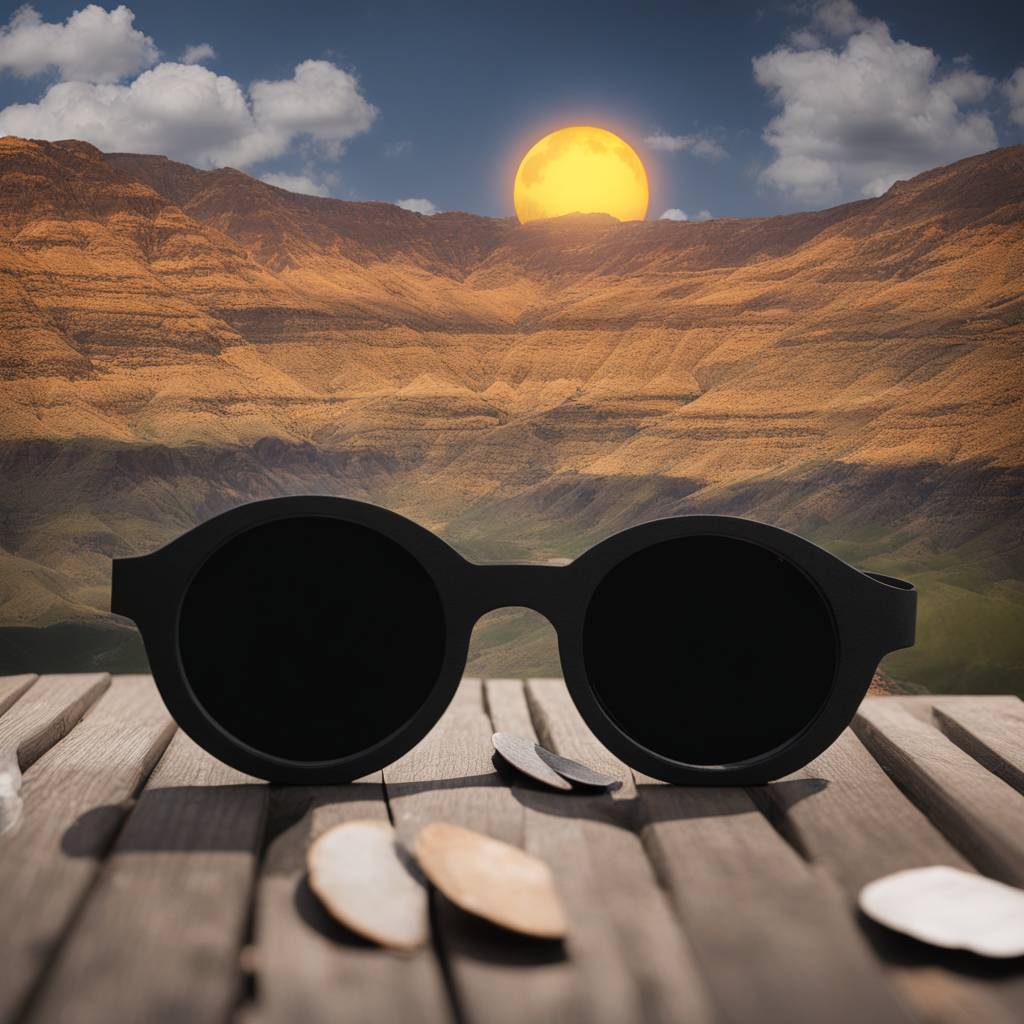A total solar eclipse is set to occur on Monday in various states across the country, providing a unique and eerie experience as the moon blocks the sun’s face. It is essential to follow safety guidelines and wear proper eye protection to prevent solar retinopathy, a type of retinal damage caused by exposure to dangerous ultraviolet radiation. Free eclipse glasses can be found at select locations like Warby Parker stores or through participating libraries in the STAR Library Network. Various manufacturers approved by the American Astronomical Society offer shipping options to ensure timely delivery of eclipse glasses for viewing the eclipse.
Proper eclipse glasses are crucial for safely viewing the solar eclipse, as they are significantly darker than regular sunglasses and protect against harmful radiation. It is advised to purchase glasses from reputable sellers listed by the AAS and avoid counterfeit products that may not meet safety standards. Manufacturers like Soluna, Helioclipse, and Eclipseglasses.com offer fast shipping options for orders placed last-minute to ensure delivery before the eclipse. Additionally, some brick-and-mortar stores sell approved glasses, although purchasing online from verified sources is recommended.
Solar retinopathy, a condition that causes damage to the retina from sun exposure, can result from viewing a solar eclipse without proper eye protection. Symptoms include distorted vision, blind spots, and blurry vision, with recovery time varying from a few months to a year. It is crucial to wear eclipse glasses at all times during the eclipse, even during the brief period of totality when it is safe to view the sky without glasses. There is no specific time limit for sun exposure that guarantees safety, as even a few seconds of staring at the sun can cause permanent harm.
Individuals should test their eclipse glasses before the event by checking to ensure no light passes through, except for sunlight reflected in a mirror. Parents should supervise children wearing glasses to prevent accidental sun exposure, as retinal damage can occur without immediate symptoms. Solar retinopathy poses a risk to anyone exposed to the sun’s rays, regardless of their susceptibility to sunburn. Recovery from retinal damage is not guaranteed, and prevention through proper eye protection is key. It is important to seek medical attention if any symptoms of retinal damage are experienced following exposure to the sun during an eclipse.












